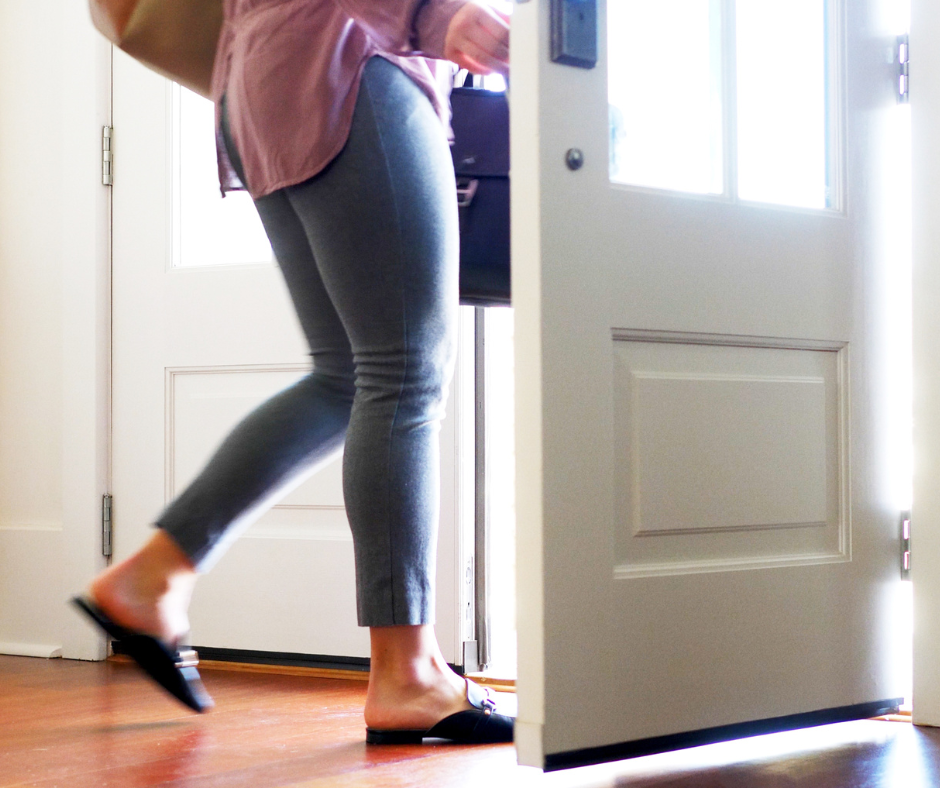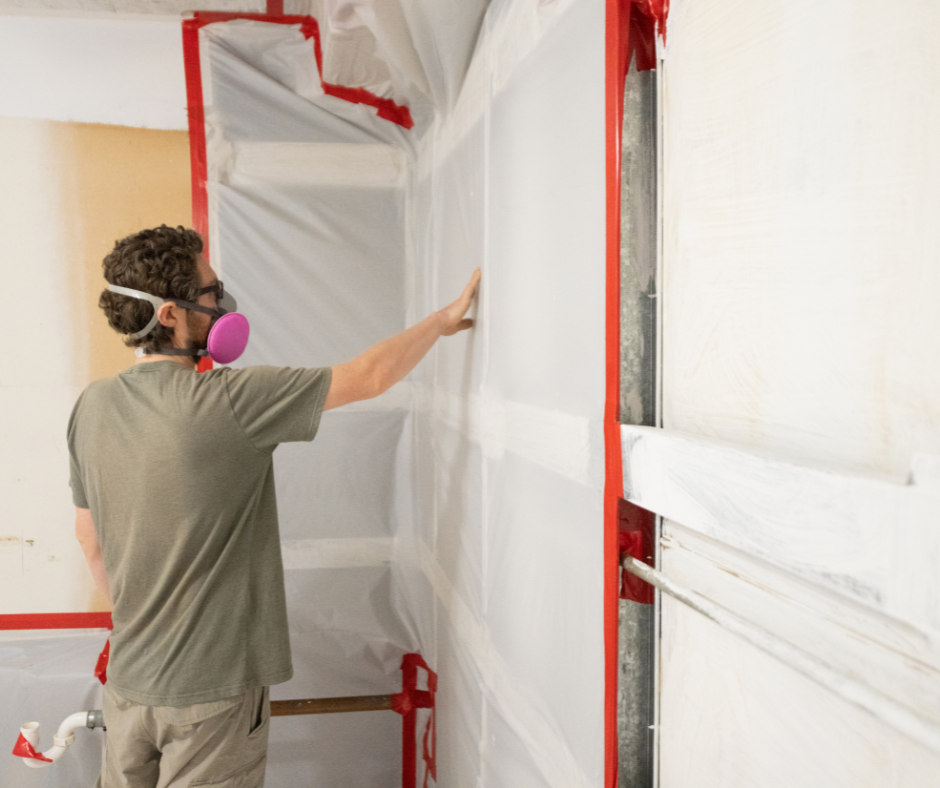What is the Safety Protocol for the Mold Remediation Process?
It is important to address a mold problem in your home as soon as possible to avoid potential health and wellness risks to your family or permanent damage to your home. The experts at MSR Remediation use a mold remediation process that works for crawl spaces, attics and basements alike. The first step is to set up an evaluation where a professional assesses the extent of the mold damage and develops a mitigation plan. Next, in filtration masks and safety suits, the experts seal off the affected area with plastic sheeting to contain the mold spores during the mold remediation process. The third step is to remove the mold and any affected materials like insulation, sheetrock, or baseboards instead of just cleaning them which commonly leads to mold regrowth. During this phase, the source of the mold development is usually found, leading to discussions about the best way to prevent future problems. After the contaminated materials are removed, the remaining surfaces will be properly vacuumed with HEPA filtration equipment and cleaned with an antimicrobial solution. Any stained surfaces will be scrubbed and protected with a mold resistant sealant. The final step in the mold remediation process is purifying the air with dehumidifiers and HEPA air scrubbers to completely remove the mold and then any repairs can be done to get your home back to normal.
Should you Stay Out of the House During the Mold Remediation Process?
Mold spreading in your home can be a biological hazard, however most of the time you do not need to leave your home during the mold remediation process. You will likely need to avoid the sealed off area, but as long as harmful elements are contained, you can remain in the comfort of your home while the experts assess and remove harmful mold.
However, if you or your family members are particularly sensitive to mold or have an at-risk immune system, it is best to leave the premises during the mold remediation process. You should also leave your home if the mold problem is extensive, such as those caused by flood or storm damage. Another reason to leave during the mold removal process is when the mold problem is in your HVAC system spreading spores throughout the air you breathe in your home.
Safety Questions to Ask Before the Mold Remediation Process:
- Is there Mold in my HVAC system?
During the assessment phase of the mold remediation process, you’ll find out if you have mold in your HVAC system. If it is determined that there is mold in your HVAC system, you may want to leave during mold remediation, due to the poor air quality in the home.
- Is Anyone In the household Sensitive to Mold?
Members of your family such as children, the elderly, or the immunocompromised could be especially sensitive to mold in your home. People with allergies, asthma, or a history of respiratory problems will be affected by the mold in the air more severely and will likely be advised to vacate the home during the mold remediation process as an extra precaution.
- What Chemicals will be used for Mold Remediation?
As there are different types of mold that can be found in your home, one might think only the strongest chemicals would be the most effective. However, the mold remediation process typically requires no chemicals at all to rid your home of the mold problem. As a precaution to stop future mold problems, stained surfaces are protected with a non-VOC (Volatile Organic Compound) mold-resistant sealant, but this does not require you to vacate the property during application.
How Long Will the Mold Remediation Process Take?
As each mold problem is different, each mold remediation process is unique to your home and situation. The time this process takes ultimately depends on the extent of damage and the ease in which to fix the source causing the mold to grow. During the assessment phase, a mold remediation expert will be able to provide you with an expected schedule.
The Professionals at MSR Restoration Take Proper Safety Precautions
The experts at MSR Restoration have seen it all and perfected their mold remediation process to make it as easy as possible on you and your loved ones. Dealing with mold damage and the cause of the mold problem is never easy, but when you have an experienced team on your side, you will know the problem will be taken care of in the quickest, safest way possible to get your lives back to normal. Contact us to schedule a FREE evaluation with mold remediation experts that care about your home and health.


